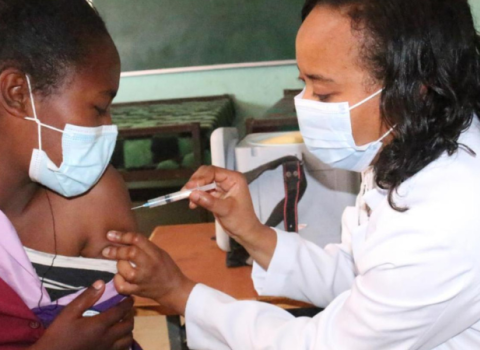
In addition to providing free access to these patents, the company has said that it will set out a mechanism to enable third parties to request access to other intellectual property and know-how about its medicines, which may help researchers developing new treatments.
In its corporate social responsibility report published this week, GSK also announced further steps to increase the transparency of clinical research data and the public disclosure payments to healthcare professionals.
Andrew Witty, CEO of GSK, said, “We are fully committed to operating to the highest ethical standards. This report emphasises our determination to do just that - whether it is by cutting prices in the world’s poorest countries, being more flexible with our intellectual property to encourage more research into neglected diseases, or increasing transparency to facilitate clinical research.”
Along with developing a more flexible approach to intellectual property rights that are relevant to neglected tropical diseases, GSK has said that it will reduce prices for patented medicines in the least developed countries, so they are no higher than 25 per cent of the developed world price, as long as this covers the cost of medicine (to ensure that this policy is sustainable).
Price reductions on 110 products and formulations, with an average price reduction of 45 per cent, will come into effect from 1 April 2009. At the same time the company said it will reinvest 20 per cent of the profits made from sales of medicines in poor countries to strengthen healthcare infrastructures.
To enhance transparency and facilitate clinical research, GSK will expand publication of clinical research on its Clinical Study Register. The register will now include all analyses of multiple clinical trials (meta-analyses), observational studies that use patient data from real world settings and data from programmes terminated in development.
In addition, clinical study results are to be submitted for publication in peer-reviewed journals, wherever possible. For studies that are not published, GSK will commit to providing context and interpretation of the results on its Clinical Study Register.
The names of investigators who participate in new GSK-sponsored clinical trials will also be included on the register. From next year, details of payments made to US healthcare professionals and/or their institutions to conduct a trial will be published, and this will later be extended to payments for other types of research and to healthcare professionals and institutions outside the US.
In Europe, GSK will report all advisor fees paid to healthcare professionals. This is in addition to the commitment that the company will, from 2009, publish a report of speaking and consulting fees paid to US healthcare professionals.





 A unique international forum for public research organisations and companies to connect their external engagement with strategic interests around their R&D system.
A unique international forum for public research organisations and companies to connect their external engagement with strategic interests around their R&D system.